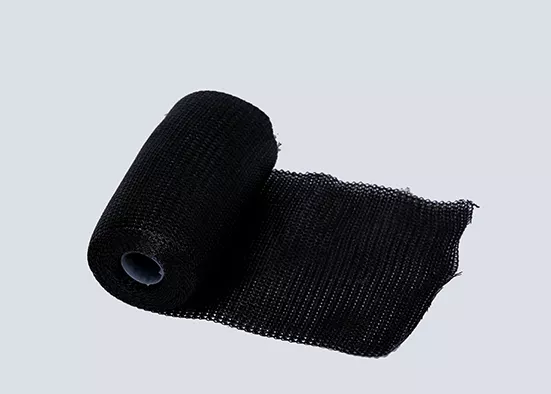A Comprehensive Guide to Insulation Tape Types
Insulation tape is a crucial material used in a variety of applications across different industries. It serves the dual purpose of insulating electrical components and protecting them from environmental factors such as moisture, chemicals, and extreme temperatures. There are several types of insulation tape, each designed for specific uses. In this article, we’ll explore the various types of insulation tape, their properties, and their applications.
1. Electrical Insulation Tape
One of the most common types of insulation tape is electrical insulation tape, which is primarily used in electrical applications. Made from PVC (polyvinyl chloride), this tape has excellent dielectric properties, making it ideal for insulating wires and other electrical components. Electrical insulation tape is available in various colors, allowing for easy identification of different circuits. It typically has a temperature rating ranging from -10°C to 80°C (14°F to 176°F), making it suitable for indoor use.
2. High-Temperature Insulation Tape
For applications that involve high temperatures, high-temperature insulation tape is essential. This type of tape is made from materials that can withstand extreme heat, such as silicone, fiberglass, or Kapton. High-temperature insulation tape is often used in the automotive and aerospace industries, where components are exposed to high heat. It is able to endure temperatures exceeding 200°C (392°F) and is resistant to burning and melting.
3. Foam Insulation Tape
Foam insulation tape is used primarily for sealing gaps and reducing air leakage in buildings. It is made from materials such as polyurethane or polyethylene foam and provides excellent thermal insulation. Foam insulation tape is commonly used in HVAC applications to seal ducts, as well as in windows and doors to improve energy efficiency. Its compressible nature allows it to conform to irregular surfaces, providing a tight seal.
insulation tape types

Aluminum foil tape is another type of insulation tape known for its toughness and durability. It consists of a thick aluminum layer with an adhesive backing, making it suitable for both insulation and reflective purposes. This tape is often used in HVAC applications to seal insulation, repair ductwork, and reflect heat away from surfaces. Its ability to withstand high temperatures and resist moisture makes it an ideal choice for industrial settings.
5. Fiberglass Insulation Tape
Fiberglass insulation tape is designed for high-temperature applications, often used in environments that involve extreme conditions. This tape is made from woven fiberglass cloth and coated with a high-temperature adhesive. It is highly resistant to heat and flames, making it suitable for insulation in electrical and automotive applications. Fiberglass insulation tape is typically used in areas such as exhaust systems and high-heat appliances.
6. Vinyl Insulation Tape
Vinyl insulation tape is versatile and widely used across different sectors. It is made from a soft, flexible vinyl material that makes it easy to handle and apply. Often used for wrapping electrical wires and cables, vinyl tape provides good insulation and is also resistant to abrasion, moisture, and UV light. This makes it ideal for both indoor and outdoor applications.
7. Petroleum Jelly Insulation Tape
For applications where a barrier against moisture is crucial, petroleum jelly insulation tape is a suitable choice. Typically used in telecommunications and electrical applications, this tape is ideal for protecting electrical connections from corrosion and moisture. It serves as a protective layer, ensuring long-term durability of electrical installations.
Conclusion
Selecting the right type of insulation tape is vital for ensuring safety, efficiency, and longevity in various applications. Each type of insulation tape offers unique properties that cater to specific needs, such as temperature resistance, moisture barrier, or flexibility. Whether you’re working on electrical projects, home improvement tasks, or industrial applications, understanding these insulation tape types will help you make informed decisions and achieve the desired results. Always consider the requirements of your specific task and choose the appropriate tape to ensure optimal performance.
-
XIANGFAN Rubber Tape-Ultimate Solutions for All Your Insulation NeedsNewsJun.24,2025
-
XIANGFAN Rubber Tape-Protection for Industrial and Residential ApplicationsNewsJun.24,2025
-
XIANGFAN Rubber Tape: Superior Safety and Sealing for Demanding EnvironmentsNewsJun.24,2025
-
XIANGFAN Rubber Tape: Reliable Solutions for Every Electrical ChallengeNewsJun.24,2025
-
XIANGFAN Electrical & Industrial Tape: Powering Reliability Across IndustriesNewsJun.24,2025
-
XIANGFAN Electrical & Industrial Tape: Excellence in Every ApplicationNewsJun.24,2025
